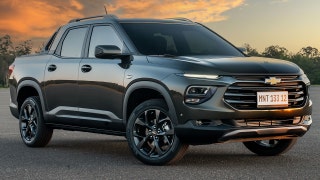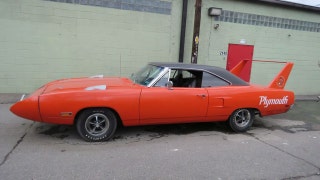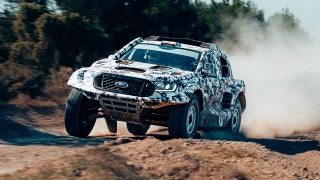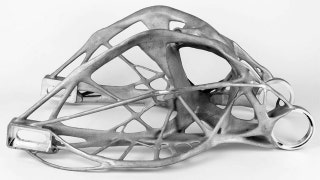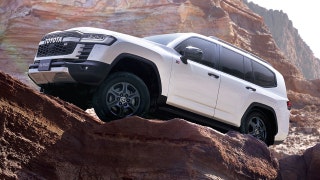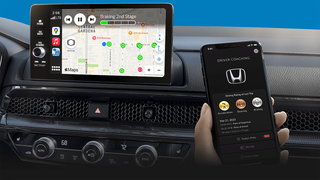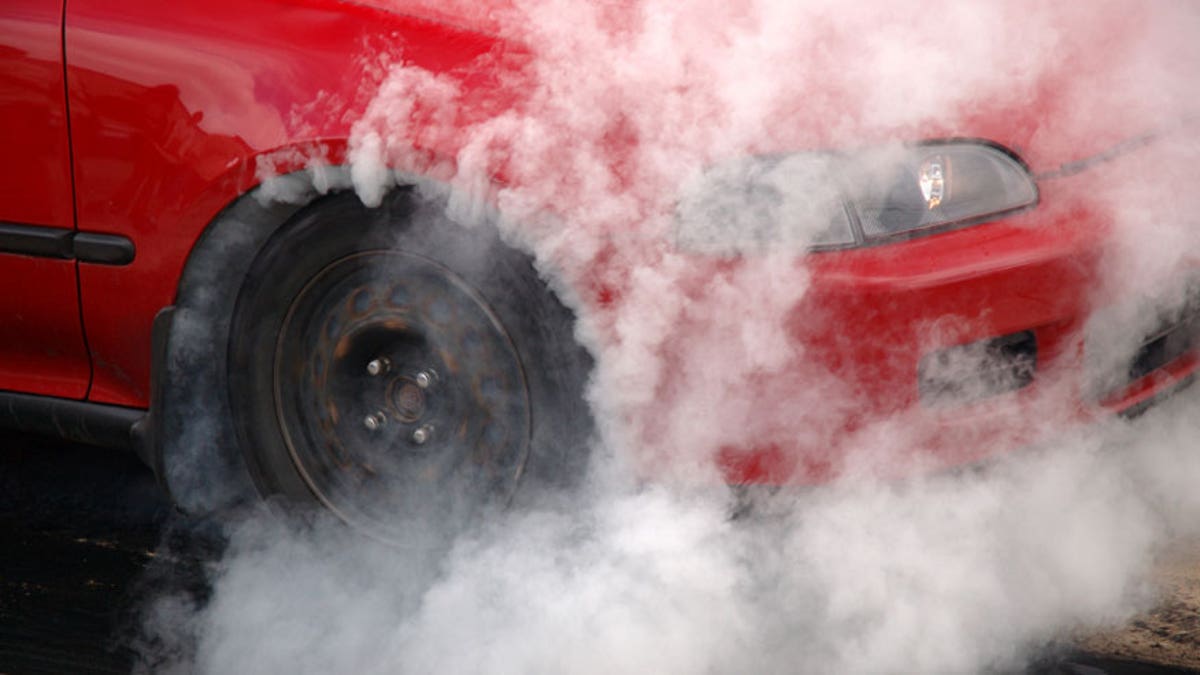
What does it take to kill a car?
As vehicles have become more reliable, it's become less a chore to maintain them. But that doesn't mean they're invulnerable to neglect or operator error. Forget about the most basic upkeep--or have seemingly harmless contact with an obstacle--and you could be putting your car in the danger zone.
These are some of the easiest and most effective ways to cut your car's life short:
Ignoring regular maintenance
More cars find their way to the junkyard by neglecting basic scheduled maintenance than any other cause. Skipping oil changes and transmission services, driving too long on the same set of spark plugs--it's all deadly in the long run. Preventative care has improved the quality of a car's life and has extended the life of cars, too. Follow the suggested maintenance schedule for your vehicle and you will get longevity, peak performance, and efficient operation out of your vehicle.
Driving with low or (yikes) no oil
The oil light comes on when you're driving. Or, you hear the classic knock or tapping, but choose to turn up the radio instead of checking oil levels. All of the sudden, the engine starts to lose power and it eventually stalls, leaving you stranded on the roadside. You call a tow truck and the vehicle is towed to a repair shop. The diagnosis: you've killed it. The engine has seized because there was no oil in the system and you have to replace it. How can you avoid becoming a statistic? Stop at the first sign of low oil, whether it’s the low oil pressure gauge, a lit oil light, or a knocking or tapping sound. Often, major damage can be averted if the engine is shut off in time.
Driving an overheated vehicle
You’re driving on a country road out in the middle of nowhere when you notice that your temperature gauge is buried in the “hot” zone. Rather than stop and call a tow truck, you keep driving, hoping you can make it to a repair shop. The engine overheats, coolant spews out of the overflow tank, and the engine gets so hot it stalls. You have to call a tow truck anyway. The shop tells you your engine’s got a blown head gasket and cracked cylinder head. The cause? A $12 thermostat. The repair would have cost you $12 plus the cost of installation and coolant and the cost of a tow job (unless you have AAA or the equivalent). Instead you end up with an $800 repair bill because you were too stubborn to call a tow truck. Many a good vehicle has been undone because of this mistake.
Ignoring transmission ills
The warning signs that something is wrong with yourautomatic transmission are quite distinct. Whining, dropping out of gear, slipping and banging into gear all fall under this category. If you observe any of these symptoms, stop driving and check the fluid levels. Driving an automatic transmission on low fluid results in greater friction and more heat. The longer the transmission is driven in this condition, the more likely irreversible damage will occur. When you first notice any of these symptoms, check the fluid, and proceed with diagnostics before driving any farther to avoid costly repairs and down time.
Neutral drops
A neutral drop is when you rev the engine high in neutral and, at the peak of revving, you drop the transmission into low gear. In the case of a car equipped with a manual transmission, you dump the clutch in first gear after revving the engine high. This action causes the tires to squeal as you speed off the line. The problem with this practice is that it puts excessive stress on the drivetrain components. Driveshafts break or bend, universal or CV joints snap, differentials are damaged, axles twist and break or strip out, transmissions break internally, and clutches burn out. In short, it’s a high price to pay just to experience a little tire squealing. Not good.
Rocking out of mud or snow
Ever get stuck in snow or mud? Rather than calling a tow truck, what’s the first thing we do? We rock the vehicle back and forth, switching from forward to reverse while gunning the engine. This action often causes the vehicle to gain enough momentum to get the vehicle out of the rut. It often works, but at what expense? The stress on the transmission and drivetrain can cause internals to break under the pressure. Save yourself some money -- dig out or call a tow truck.
Hitting a curb
When you drive too fast on curbed roads or parking lots, you put your car in danger. If you slide into a curb, you can cause frame, suspension, drivetrain, and steering damage. Overshooting a curb in the snow is a common occurrence, costing anywhere from hundreds to even thousands of dollars in repairs. And even a lower-speed smack into a tall parking curb or post can cause hundreds of dollars in damage, what with the lighter, plastic bumper covers on today's cars.
More from The Car Connection





